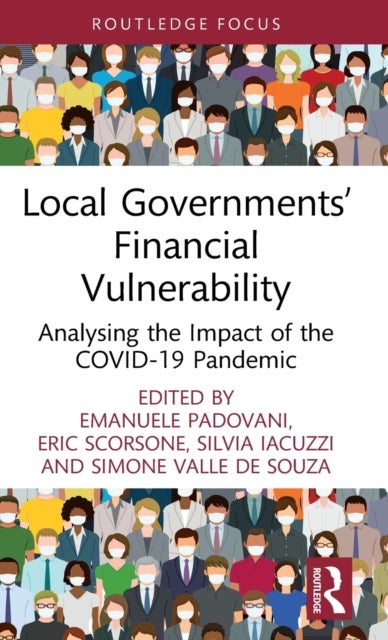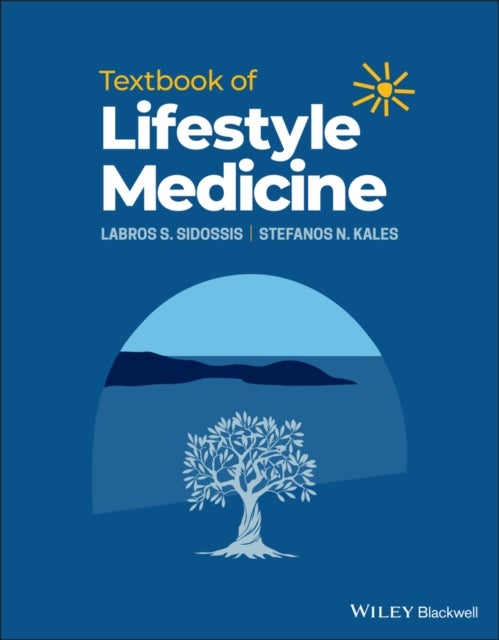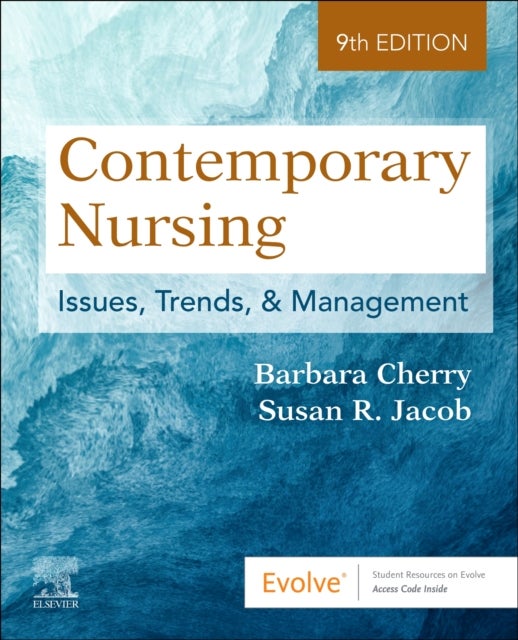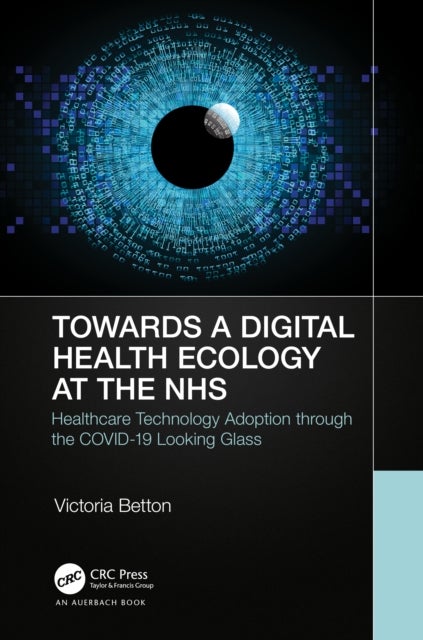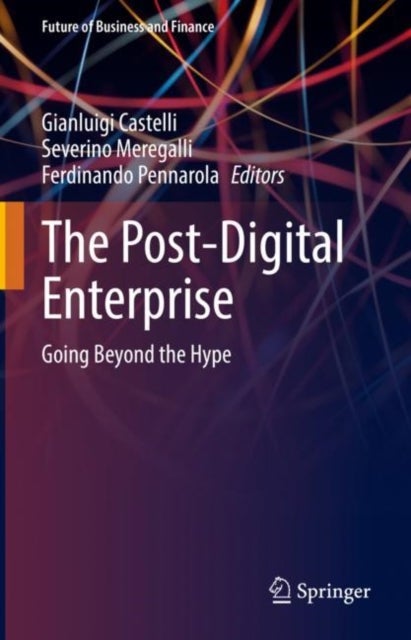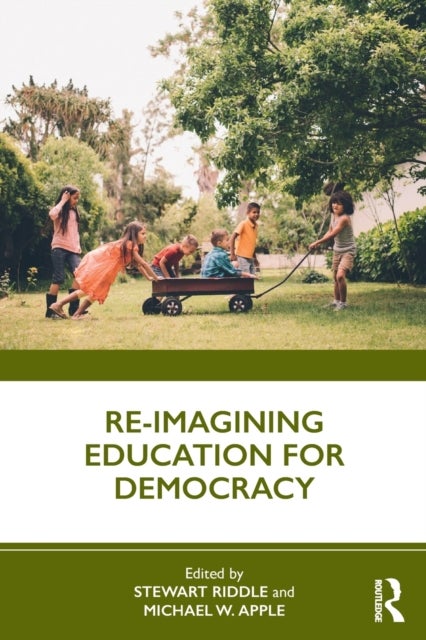
Re-imagining Education for Democracy
479,-
<P>Contemporary education research, policy and practice are complex and challenging. The political struggle over what constitutes curriculum and pedagogy is framed by quasi-markets and technocratic models of education. This has had a significant effect on larger issues of policy. But it has also had profound effects inside educational sites in terms of the economics and politics of what is and is not considered ''legitimate'' knowledge, over what should be taught, how it should be taught, and by whom.</P><P></P><I><P>Re-imagining Education for Democracy</I> takes up the unfinished project of resisting the de-democratisation of education and growing levels of social and educational inequality. Where are the spaces for change and articulating hopeful alternatives? How might we imagine and produce different futures? What are the opportunities for affirmative interference, and how could we produce a more sustainable re-imagining and re-doing of the critical project of education? </P><P></P


